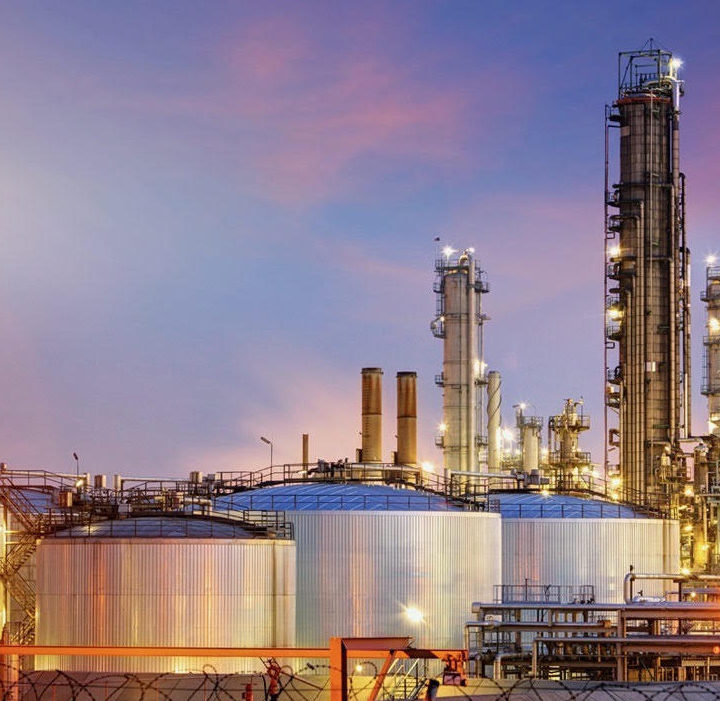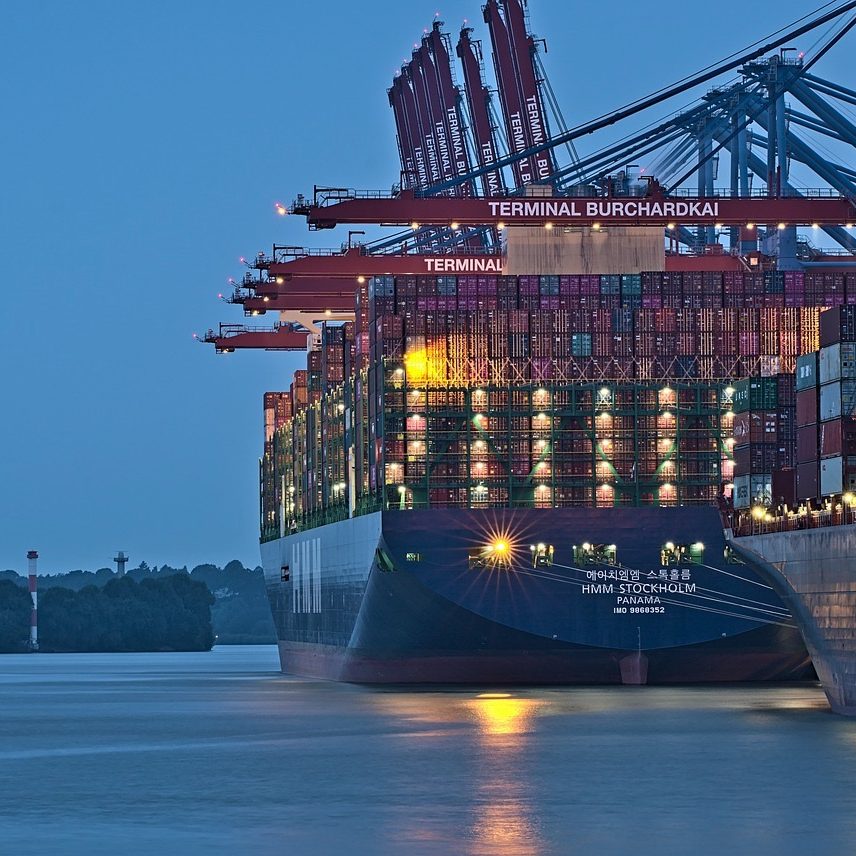Driving Safety, Sustainability, and Global Trust in 2025
The oil and gas industry is among the most highly regulated and technically demanding sectors in the world. With intense pressure to ensure operational safety, environmental responsibility, product quality, and compliance with international standards, it’s no surprise that ISO certification has become a strategic priority for oil and gas companies — not just a regulatory requirement.
Whether you’re an upstream exploration company, a midstream transporter, or a downstream refiner or trader, obtaining ISO certification can significantly strengthen your operational credibility, reduce risks, and open up new market opportunities.
In Egypt and across the MENA region, companies like TankOil Group are leading the way by combining industry expertise with internationally recognized certification services.
In this article, we’ll explore the top 10 benefits of ISO certification for oil and gas companies in 2025 — and why it’s more important now than ever before.
1. Enhances Operational Efficiency
ISO standards promote structured, process-driven management systems. Standards like ISO 9001 (Quality Management) and ISO 50001 (Energy Management) help companies streamline their operations, reduce inefficiencies, and improve resource allocation.
For example:
Result: Lower operational costs, fewer delays, and higher productivity across departments.
2. Strengthens Health and Safety Practices
Safety is a core concern in oil and gas — from drilling rigs to fuel storage to pipeline operations. ISO 45001:2018, the global standard for Occupational Health & Safety Management Systems, empowers organizations to:
ISO 45001 compliance doesn’t just save lives — it also protects your reputation, reduces downtime, and limits legal exposure in high-risk environments.
3. Ensures Environmental Responsibility
The oil and gas sector is under increasing scrutiny for its environmental impact. ISO 14001 provides a framework for building a compliant and forward-thinking Environmental Management System (EMS). It enables companies to:
Sustainability-conscious clients, investors, and governments expect ISO 14001 certification as proof of environmental commitment.
4. Improves Product Quality and Reliability
From jet fuel to lubricants, oil and gas products must meet strict quality specifications. With ISO 9001, companies can ensure consistent production standards and better quality control throughout the supply chain.
Key benefits include:
This is especially important when delivering products to global markets with varying regulatory requirements.
5. Boosts International Trade and Export Opportunities
ISO certification — particularly accredited certification— is often a requirement for export licenses, global tenders, or supply chain inclusion.
Oil and gas companies that are ISO-certified signal trustworthiness and compliance to international stakeholders.
For example:
TankOil Group, based in Egypt, offers ISO and GAFTA-aligned services that help companies meet these global standards quickly and efficiently.
6. Enhances Risk Management and Emergency Preparedness
The complexity of oil and gas operations means that accidents, environmental spills, or supply chain disruptions can have costly consequences. ISO certification helps minimize these risks.
In an industry where one mistake can cost millions, a well-structured ISO-certified system is a strong risk buffer.
7. Improves Regulatory Compliance
In Egypt and other oil-producing countries, government agencies increasingly require ISO-certified systems as part of their compliance checks. ISO certification supports:
With TankOil Group’s support, many oil and gas companies in Egypt now achieve dual compliance — with Egyptian standards and international ISO regulations — making it easier to operate across borders.
8. Builds Stronger Reputation and Market Trust
In today’s global oil and gas sector, a company’s brand is built on trust — and ISO certification enhances that trust.
Certification signals to:
ISO-certified companies often gain a competitive edgein contract bidding and strategic partnerships.
9. Supports Digital Transformation and Data-Driven Decision Making
Many ISO standards have evolved to integrate data tracking, analytics, and continuous monitoring. This aligns with the digital transformation efforts many oil and gas companies are pursuing in 2025.
These tools help companies optimize operations, reduce downtime, and respond quickly to changing market conditions.
10. Enables Long-Term Sustainability and Growth
ISO certification is not a one-time event — it fosters a culture of continuous improvement. Through annual audits, internal assessments, and management reviews, companies evolve to:
The result is a resilient, sustainable business model that is better prepared for the uncertainties of the energy transition.
Why Partner with TankOil Group?
If you’re an oil and gas company in Egypt or the wider MENA region, TankOil Group offers:
✅ Certified testing labs for oil purity and performance
✅ ISO 9001, 14001, 45001, and 22000 certification services
✅ Gap analysis, audit preparation, and documentation support
✅ Accreditation support for GAFTA and EGAC.
✅ Decades of industry experience and compliance excellence
TankOil’s team understands the specific needs of the oil, fuel, fertilizer, and bulk commodities sectors, making them an ideal partner for full-service ISO implementation.
Conclusion
In the ever-changing landscape of oil and gas, ISO certification is more than a checkbox — it’s a roadmap to performance, compliance, and market leadership. From ensuring safety and environmental integrity to enhancing trade opportunities and brand reputation, ISO standards deliver measurable benefits across the value chain.
Whether you’re new to ISO or ready for recertification, now is the time to invest in structured, certified systems that build resilience and global competitiveness. Partner with proven experts like TankOil Group to turn certification into a growth strategy.














